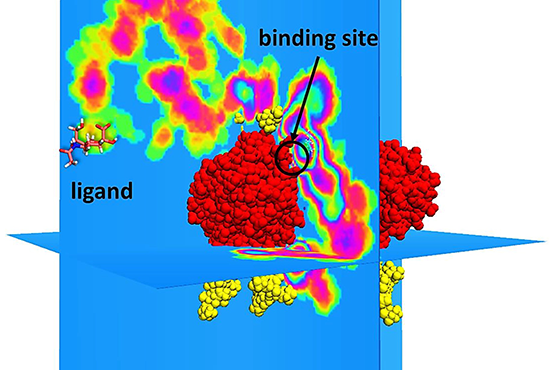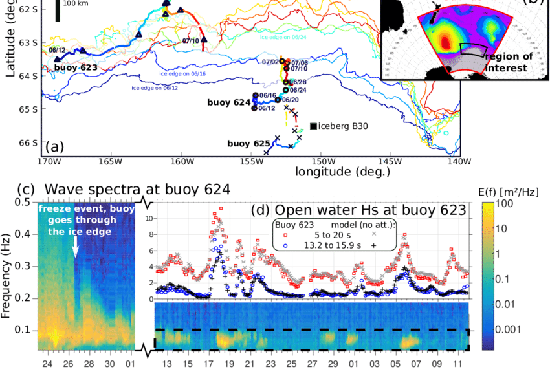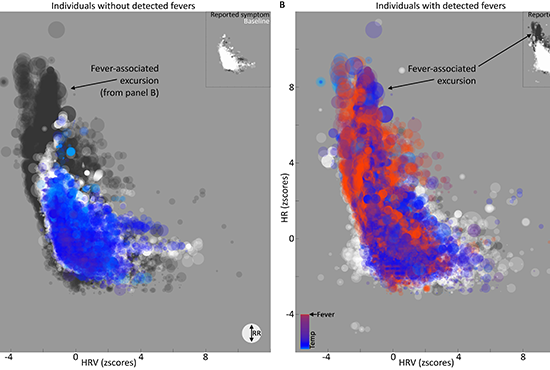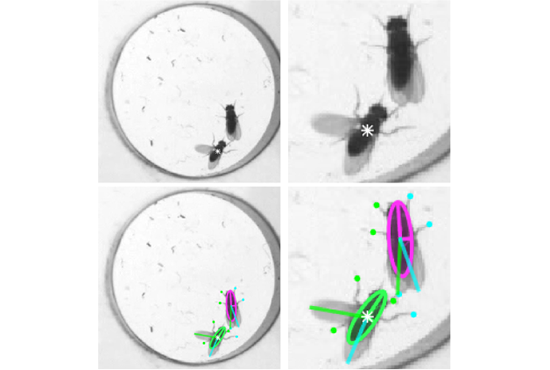Featured Collections
The Library's Research Data Collections repository hosts over 22 terabytes of data from a range of scientific disciplines, including archeology, chemistry, climate science, structural engineering and ocean science. These data are preserved in Chronopolis, a geographically distributed preservation network that replicates the data among three geographically dispersed partner sites adding to the security and integrity of the content. Here are a few examples of cool stuff from The Library's research data repository.

Data from: Multiscale Simulations Examining Glycan Shield Effects on Drug Binding to Influenza Neuraminidase
Results from a study of the effect of glycans on the binding kinetics of antiviral drugs to the influenza neuraminidase, an important drug target. Glycans are present on neuraminidase and are generally considered to inhibit antibody binding via their glycan shield.
Data from: Ice break-up controls dissipation of wind-waves across Southern Ocean sea ice
Counter to current leading theory which attributes wave attenuation primarily to scattering by ice floes, data in this collection provide evidence that attenuation is dominated by dissipation of waves.


Data from: Feasibility of continuous fever monitoring using wearable devices
Sixty-five continuous days of data at one-minute resolution covering fifty individuals reporting COVID-19 infections starting on day 45 in the data set.
Data from: Quantifying influence of human choice on the automated detection of Drosophila behavior by a supervised machine learning algorithm
This collection contains original movie files, files derived from a tracking program (FlyTracker) and a machine learning-based behavioral classification suite, and behavior classifiers for Drosophila social behaviors. FlyTracker tracks the “pose (position, orientation, size, wing- and leg positions) of multiple flies and maintains their identities throughout a video” through the use of color-coding (FlyTracker).

